26 results
Legacies on Display: Slavery in Museums
Museums are exciting places to see the usable past in action. They bring together objects, people and places to provide interpretation and facilitate discussions on a range of topics, from history to human rights. There is a global tradition of museums representing slavery beginning in the early twentieth century. These museums range from small, local community museums in the UK, that focus on individual abolitionist leaders, to redeveloped slave forts on the West African coast and large national institutions in North America. As well as providing visitors with information about slavery, both historic and modern, museums can also provide evidence as to how societies are thinking about these issues.
This collection showcases museums across the world that house permanent exhibitions relating to slavery and abolition.
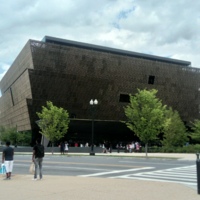
National Museum of African American History and Culture
The National Museum of African American History and Culture opened in September 2016, after more than a century of development. Designed to "tell the American story through the lens of African American history and culture," it forms the only national museum in the USA that is exclusively devoted to…
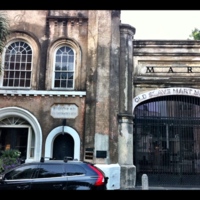
Old Slave Mart Museum
The first African-American Museum, the Old Slave Mart Museum has been open sporadically since 1938. Located in Charleston, South Carolina, it was built in 1859. It is thought to have been the last surviving slave auction gallery in South Carolina. It was used briefly before the American Civil War…
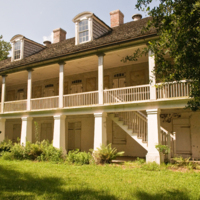
The Whitney Plantation
Widely claimed to be the first museum in America to solely address slavery, the Whitney Plantation is a plantation estate, museum and memorial outside New Orleans, on Louisiana's famed River Road. During the eighteenth and nineteenth centuries, the plantation was home to the Haydel family, and their…
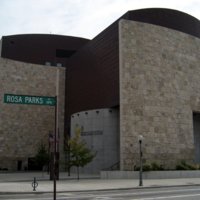
National Underground Railroad Freedom Centre
The National Underground Railroad Freedom Centre opened in August 2004 and has since strived to tell the stories of those who have fought for freedom from the Underground Railway to the present day in the hope of challenging people’s ideas about inclusivity and freedom. The museum also aims to…
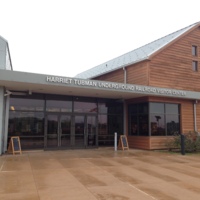
Harriet Tubman Underground Railroad National Historical Park
The Harriet Tubman Underground Railroad National Historical Park was established in 2003, the 100th anniversary of Tubman's death, in rural Dorchester County. In 2017 the Harriet Tubman Underground Railroad Visitor Centre was officially opened. The visitor centre was a collaborative project between…
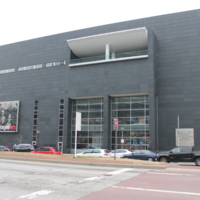
Reginald F. Lewis Museum of Maryland African American History and Culture
The Reginald F. Lewis Museum of Maryland African American History and Culture was created out of the passion and activism of businessman Reginald F. Lewis. Lewis rose from humble beginnings to earn a place at Harvard Law School, establish the first African American law firm on Wall Street and…
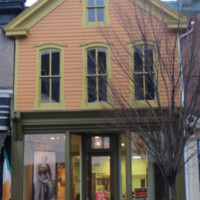
Harriet Tubman Museum
The Harriet Tubman Museum is a small museum located in Cambridge, Maryland, a few miles from where Harriet Tubman was born. The museum originated as a community organization which was planning a single three-day event honouring Harriet Tubman in 1983. Over the years, the Harriet Tubman Organisation…
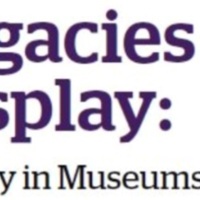
Museum of Modern Day Slavery
The Museum of Modern Day Slavery opened in 2014. It is managed by Elijah Rising, a prayer gathering that aims to end sex trafficking through prayer, awareness, intervention, and restoration. The museum is a big part of that mission and is housed in a former brothel that Elijah Rising negotiated the…
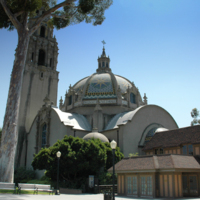
San Diego Museum of Man
The San Diego Museum of Man is an anthropological museum that originated from the 1915 Panama-California Exposition that celebrated the opening of the Panama Canal. Over the last century, the museum has expanded and developed in its original buildings at San Diego's Balboa Park. It took its present…
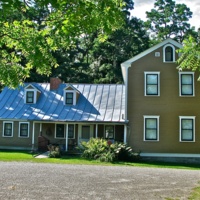
Rokeby Museum
The Rokeby Museum presents a 'nationally significant Underground Railroad story tucked inside a quintessential Vermont experience.' The museum was established in 1961, and covers 100 acres, with ten historic buildings. Originally a prosperous merino wool farm, Rokeby was owned by the Robinson family…
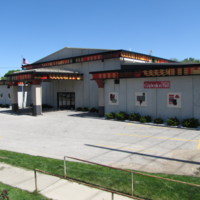
African American Museum of Iowa
The African American Museum of Iowa was founded by a small group of members of the Mt. Zion missionary Baptist church in Cedar Rapids in 1993. The museum was closed for a year during flooding, reopening in 2009. It attempts to preserve, exhibit, and teach the African American heritage of Iowa. The…
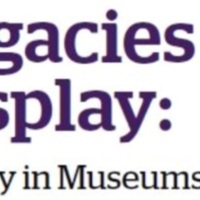
America's Black Holocaust Museum
The museum was founded in 1984 by Dr James Cameron, a self-taught historian and public speaker. The only known survivor of a lynching, Dr Cameron used his survival experience to provide visitors with a unique view of ‘living history’. Alongside this, he expanded the museum’s exhibits and…
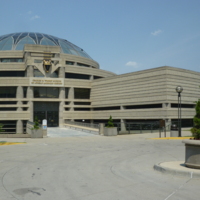
Charles H. Wright Museum of African American History
The museum was established by Dr. Charles Wright, an obstetrician and gynaecologist who envisioned an institution to preserve Black history after visiting a memorial to Danish World War II heroes in Denmark. It opened in 1965 as Detroit’s first international Afro-American museum. After expansions…
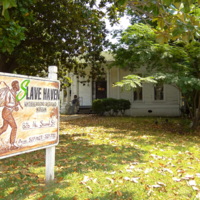
Slave Haven Underground Railroad Museum
The Slave Haven Underground Railroad Museum opened in 1997 on the Burkle Estate- an historic house in Memphis. Originally built by a German immigrant, Joseph Burkle, the building is thought to have been part of the Underground Railroad, offering safe harbour to the enslaved on their escape route…
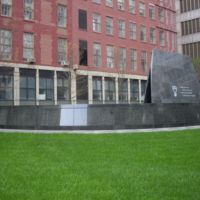
African Burial Ground National Monument
The memorial was founded after human remains were discovered underground by city workmen who were attempting to build some government offices in the 1990s. The remains belonged to enslaved Africans who were building New Amsterdam (present day New York). The African Burial Ground National Monument…
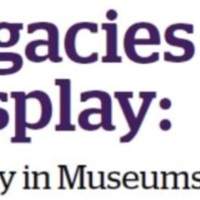
Alexandria Black History Museum
Previously called the Robert Robinson Library, the museum was opened as the Alexandria Black History Research Centre in 1983. In 1987, the Alexandria City Council placed the operation of the museum under the office of Historic Alexandria, providing a large increase in funding which allowed for the…
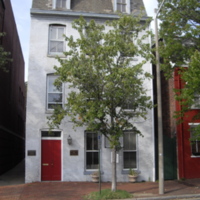
Freedom House Museum
The Freedom House Museum was once part of the headquarters for the largest domestic slave trading firm in the United States, Franklin and Armfield. Enslaved Africans were brought from the Chesapeake Bay area and forced to the slave markets in Natchez, Mississippi and New Orleans either by foot or…
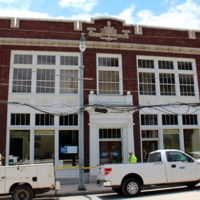
African-American Panoramic Experience Museum
The African-American Panoramic Experience (APEX) Museum aims to accurately interpret and present history from an African-American perspective in order to help all visitors understand and appreciate the contributions of African-Americans to America and the wider world. It was founded in 1978, and in…
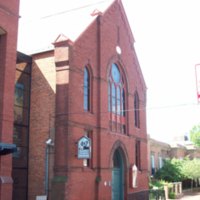
Banneker-Douglass Museum
Formerly the Mount Moriah African Methodist Episcopal Church, the site was constructed in 1875 and opened as the Banneker-Douglass Museum (BDM) in 1984. It was named after Benjamin Banneker – a free-born African American scientist and mathematician. He protested strongly against slavery, and…
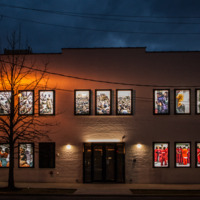
Legacy Museum
Open since April 2018, the Legacy Museum is built on the site of a former warehouse where enslaved Africans were imprisoned. The site is located between an historic slave market and the main river dock and train station where tens of thousands of enslaved people were transported through at the…